|
Tabariji
Tabariji or Tabarija (c. 1518–1545) was the Sultan of Ternate in Maluku, whose realm also included Makian and other east Indonesian islands. He reigned from 1533 to 1535, when he was deposed by the dominant Portuguese and exiled to India. He later became a convert to Catholicism under the name Dom Manuel. Reign Tabariji was the son of Sultan Bayan Sirrullah (also known as Abu Lais) and his first and primary wife, Nyaicili Boki Raja. Nyaicili was the daughter of the King of Tidore; her brother Mir ruled that kingdom after the death of their father in 1526, which gave her increased political leverage. The Portuguese had previously arrived from Melaka in order to secure the spice trade and built a fort on Ternate in 1522-1523. They soon came to dominate the Ternatan court and manipulated the succession. All this led to great resentment among the Ternatan elite. The Portuguese captain Vincente de Fonseca and the Ternatan regent Pati Sarangi planned to assassinate the boy king ... [...More Info...] [...Related Items...] OR: [Wikipedia] [Google] [Baidu] |
Hairun
Sultan Hairun Jamilu (c. 1522 – 28 February 1570) was the 6th Muslim ruler of Ternate in Maluku, reigning from 1535 to 1570. During his long reign, he had a shifting relation to the Portuguese who had a stronghold in Ternate and tried to dominate the spice trade in the region. This ended with his assassination at the hands of a Portuguese soldier in 1570. Early life Portuguese seafarers from Melaka had appeared in the waters of eastern Indonesia since 1512. The trade in spices and forest products made it vital for the early colonizers to secure bases in the Maluku Islands (Moluccas) and control the enormously lucrative commerce. A fort was built on Ternate in 1522–1523 with the approval of the local Sultan, who hoped for military assistance to expand his own power. At the time Ternate was the most powerful of the four sultanates of North Maluku, the other being Tidore, Bacan and Jailolo. However, the Portuguese captains soon began to dominate the royal court while the garrison ... [...More Info...] [...Related Items...] OR: [Wikipedia] [Google] [Baidu] |
Nyaicili Boki Raja
Nyaicili Boki Raja (died after 1556) was a Queen of Ternate in Maluku Islands who served as regent of the kingdom in 1545-1546. She was later baptized by the Catholic missionary Francis Xavier and took the name Dona Isabel. Being the daughter, wife, sister and mother of kings, she had a potentially bridge-building function between the competing Malukan spice Sultanates Ternate and Tidore, but was repeatedly sidelined by the brutal policy of early European colonialism in Maluku. Dynastic position Her original name is not known, since Nyaicili Boki Raja (Naychile Puka Raga) is a title meaning "Junior Lady Royal Princess". She was a daughter of Sultan al-Mansur of Tidore (d. 1526) and married Sultan Bayan Sirrullah of Ternate some time prior to 1518. Ideas about her position in the Ternate dynasty differ among historians. Paramita R. Abdurrachman believes that she was the mother of three sons who became Sultans of Ternate in turn: Boheyat (r. 1521-1529), Dayal (r. 1529-1533) and ... [...More Info...] [...Related Items...] OR: [Wikipedia] [Google] [Baidu] |
Dayal Of Ternate
Dayal also known as Hidayatullah (c. 1515 – December 1536) was the fourth Sultan of Ternate in Maluku. He had a short and largely nominal reign between 1529 and 1533 before fleeing Ternate due to Portuguese pressure. He later tried to create an anti-Portuguese alliance among the kings in North Maluku, but was mortally wounded in battle against the Europeans. Hostage with the Portuguese Dayal was the son of Sultan Bayan Sirrullah. His mother was a daughter of Sultan al-Mansur of Tidore. When his older full brother Boheyat passed away in 1529, Dayal was put on the throne. He was still adolescent, and his older half-brother Kaicili Darwis acted as regent. His time was characterized by increasing conflicts between the Ternatans and the Portuguese who kept a fot on the island and interfered indiscriminately in Ternatan politics. Like his brother before him, Dayal was kept as hostage in the fortress. Death of the regent The Portuguese captain Jorge de Meneses was known to be a r ... [...More Info...] [...Related Items...] OR: [Wikipedia] [Google] [Baidu] |
Sultanate Of Ternate
The Sultanate of Ternate (Jawi alphabet: كسلطانن ترنتاي), previously also known as the Kingdom of Gapi is one of the oldest Muslim kingdoms in Indonesia besides Tidore, Jailolo, and Bacan. The Ternate kingdom was established by Momole Cico, the first leader of Ternate, with the title Baab Mashur Malamo, traditionally in 1257. It reached its Golden Age during the reign of Sultan Baabullah (1570–1583) and encompassed most of the eastern part of Indonesia and a part of southern Philippines. Ternate was a major producer of cloves and a regional power from the 15th to 17th centuries. The dynasty founded by Baab Mashur Malamo continues to the present, as does the Sultanate itself, although it no longer holds any political power. History Pre-colonial period The sultanate was originally named the Kingdom of Gapi, but later changed the name to be based on that of its capital, Ternate. Originally there were four villages in Ternate and led by clan leaders called Mom ... [...More Info...] [...Related Items...] OR: [Wikipedia] [Google] [Baidu] |
Bayan Sirrullah
Bayan Sirrullah (d. 1521) was the second Sultan of Sultanate of Ternate, Ternate in Maluku Islands, Maluku. He is also known as Abu Lais (in Portuguese sources, Boleife) or Kaicili Leliatu. He ruled from perhaps 1500 to 1521, and is important as the first east Indonesian ruler who made contact with the encroaching Portuguese people, Portuguese. Historical position Bayan Sirrullah was the eldest son of the first Sultan of Ternate, Zainal Abidin of Ternate, Zainal Abidin, and a woman from ''soa'' Marsaoli. According to a later account, his reign started in the year 1500. Islam had been accepted by the local elites of North Maluku in the second half of the 15th century, as a consequence of the importance of Muslim traders in the archipelago. Ternate was an important center for the trade in cloves, and was transformed from a traditional domain under a ''Kolano'' (king) into a sultanate with selective Islamic features. Bayan Sirrullah is, in fact, the first ruler who is known from c ... [...More Info...] [...Related Items...] OR: [Wikipedia] [Google] [Baidu] |
Al-Mansur Of Tidore
Sultan Al-Mansur (c. 1475 - 1526) was the second Sultan of Tidore in Maluku islands, who reigned from at least 1512 until 1526. Certain legends associate him with the beginnings of Tidore's rule over the Papuan Islands and western New Guinea. During his reign the first visits by Portuguese and Spanish seafarers took place, which led to grave political and economic consequences for the societies of eastern Indonesia. Trying to preserve his realm in the face of Western encroachment, he finally fell victim to Portuguese enmity. Early years Al-Mansur was, according to later historical tradition, the son of the first Muslim ruler of Tidore, Ciri Leliatu. He was named after Syekh Mansur, an Arab who persuaded his father to convert to Islam. As he later told Spanish visitors, his father had been killed during a journey to Buru Island, which was normally a dependency of the rivalling Sultanate of Ternate. An early impression of his kingdom, before the onset of European influence, is giv ... [...More Info...] [...Related Items...] OR: [Wikipedia] [Google] [Baidu] |
Ternate Sultanate
The Sultanate of Ternate (Jawi alphabet: كسلطانن ترنتاي), previously also known as the Kingdom of Gapi is one of the oldest Muslim kingdoms in Indonesia besides Tidore, Jailolo, and Bacan. The Ternate kingdom was established by Momole Cico, the first leader of Ternate, with the title Baab Mashur Malamo, traditionally in 1257. It reached its Golden Age during the reign of Sultan Baabullah (1570–1583) and encompassed most of the eastern part of Indonesia and a part of southern Philippines. Ternate was a major producer of cloves and a regional power from the 15th to 17th centuries. The dynasty founded by Baab Mashur Malamo continues to the present, as does the Sultanate itself, although it no longer holds any political power. History Pre-colonial period The sultanate was originally named the Kingdom of Gapi, but later changed the name to be based on that of its capital, Ternate. Originally there were four villages in Ternate and led by clan leaders called Momol ... [...More Info...] [...Related Items...] OR: [Wikipedia] [Google] [Baidu] |
Ternate
Ternate is a city in the Indonesian province of North Maluku and an island in the Maluku Islands. It was the ''de facto'' provincial capital of North Maluku before Sofifi on the nearby coast of Halmahera became the capital in 2010. It is off the west coast of Halmahera, and is composed of eight islands: Ternate, the biggest and main island of the city, and Moti, Hiri, Tifure, Mayau, Makka, Mano, and Gurida. In total, the city has a land area of 162.17 square kilometres and had a total population of 185,705 according to the 2010 census, and 205,001 according to the 2020 census, with a density of 1,264 people per square kilometre. It is the biggest and most densely populated city in the province, is the economic, cultural, and education center of North Maluku, and acts as a hub to neighbouring regions. It was the capital of the Sultanate of Ternate in the 15th and 16th centuries, and fought against the Sultanate of Tidore over control of the spice trade in the Moluccas before becomin ... [...More Info...] [...Related Items...] OR: [Wikipedia] [Google] [Baidu] |
Sultans
Sultan (; ar, سلطان ', ) is a position with several historical meanings. Originally, it was an Arabic abstract noun meaning "strength", "authority", "rulership", derived from the verbal noun ', meaning "authority" or "power". Later, it came to be used as the title of certain rulers who claimed almost full sovereignty (i.e., not having dependence on any higher ruler) without claiming the overall caliphate, or to refer to a powerful governor of a province within the caliphate. The adjectival form of the word is "sultanic", and the state and territories ruled by a sultan, as well as his office, are referred to as a sultanate ( '. The term is distinct from king ( '), despite both referring to a sovereign ruler. The use of "sultan" is restricted to Muslim countries, where the title carries religious significance, contrasting the more secular ''king'', which is used in both Muslim and non-Muslim countries. Brunei and Oman are the only independent countries which retain the tit ... [...More Info...] [...Related Items...] OR: [Wikipedia] [Google] [Baidu] |
Portugal
Portugal, officially the Portuguese Republic ( pt, República Portuguesa, links=yes ), is a country whose mainland is located on the Iberian Peninsula of Southwestern Europe, and whose territory also includes the Atlantic archipelagos of the Azores and Madeira. It features the westernmost point in continental Europe, and its Iberian portion is bordered to the west and south by the Atlantic Ocean and to the north and east by Spain, the sole country to have a land border with Portugal. Its two archipelagos form two autonomous regions with their own regional governments. Lisbon is the capital and largest city by population. Portugal is the oldest continuously existing nation state on the Iberian Peninsula and one of the oldest in Europe, its territory having been continuously settled, invaded and fought over since prehistoric times. It was inhabited by pre-Celtic and Celtic peoples who had contact with Phoenicians and Ancient Greek traders, it was ruled by the Ro ... [...More Info...] [...Related Items...] OR: [Wikipedia] [Google] [Baidu] |
Sultans Of Ternate
Sultan (; ar, سلطان ', ) is a position with several historical meanings. Originally, it was an Arabic abstract noun meaning "strength", "authority", "rulership", derived from the verbal noun ', meaning "authority" or "power". Later, it came to be used as the title of certain rulers who claimed almost full sovereignty (i.e., not having dependence on any higher ruler) without claiming the overall caliphate, or to refer to a powerful governor of a province within the caliphate. The adjectival form of the word is "sultanic", and the state and territories ruled by a sultan, as well as his office, are referred to as a sultanate ( '. The term is distinct from king ( '), despite both referring to a sovereign ruler. The use of "sultan" is restricted to Muslim countries, where the title carries religious significance, contrasting the more secular ''king'', which is used in both Muslim and non-Muslim countries. Brunei and Oman are the only independent countries which retain the ti ... [...More Info...] [...Related Items...] OR: [Wikipedia] [Google] [Baidu] |
Converts To Roman Catholicism From Islam
Religious conversion is the adoption of a set of beliefs identified with one particular religious denomination to the exclusion of others. Thus "religious conversion" would describe the abandoning of adherence to one denomination and affiliating with another. This might be from one to another denomination within the same religion, for example, from Baptist to Catholic Christianity or from Sunni Islam to Shi’a Islam. In some cases, religious conversion "marks a transformation of religious identity and is symbolized by special rituals". People convert to a different religion for various reasons, including active conversion by free choice due to a change in beliefs, secondary conversion, deathbed conversion, conversion for convenience, marital conversion, and forced conversion. Proselytism is the act of attempting to convert by persuasion another individual from a different religion or belief system. Apostate is a term used by members of a religion or denomination to refer to so ... [...More Info...] [...Related Items...] OR: [Wikipedia] [Google] [Baidu] |

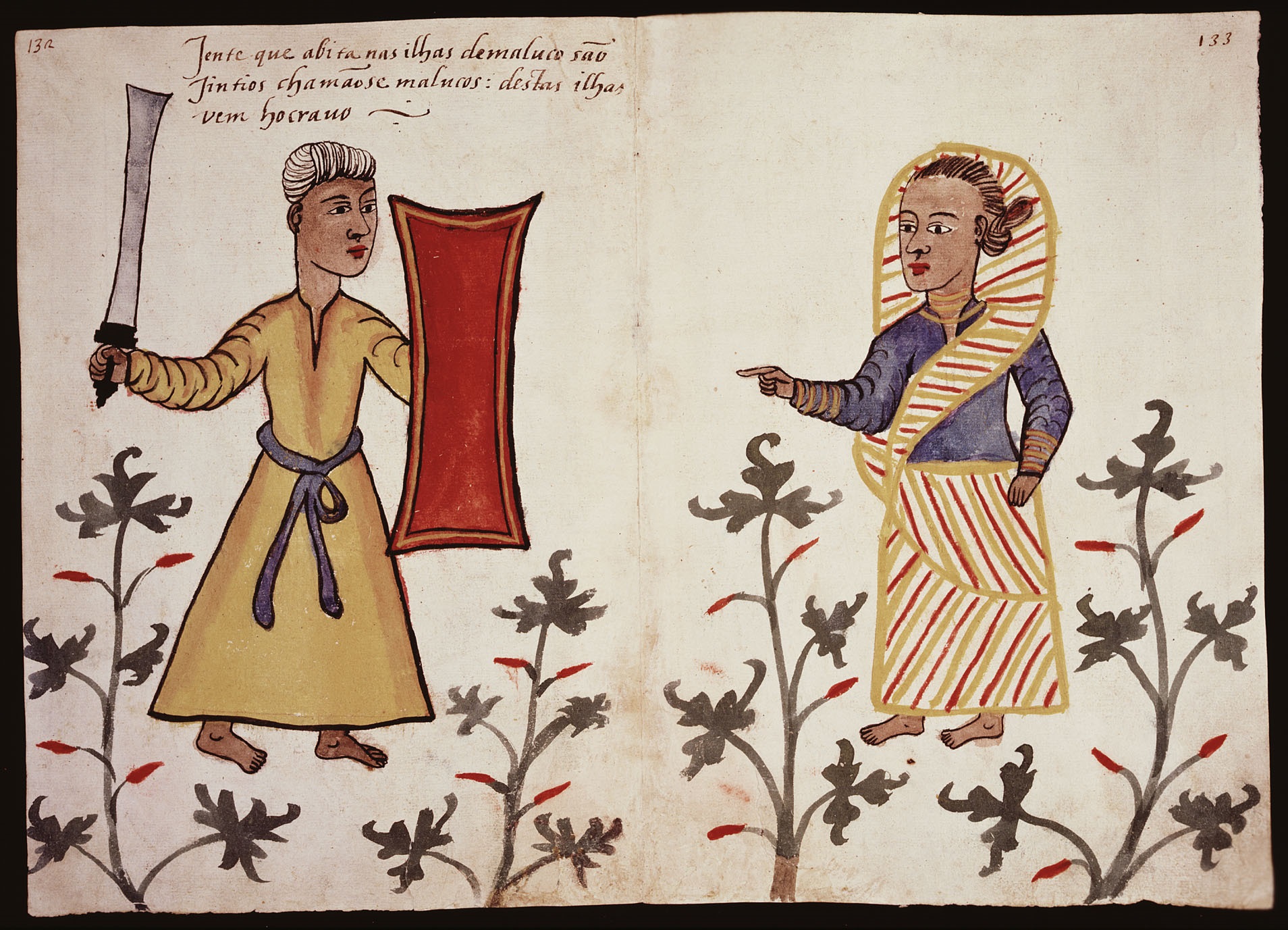
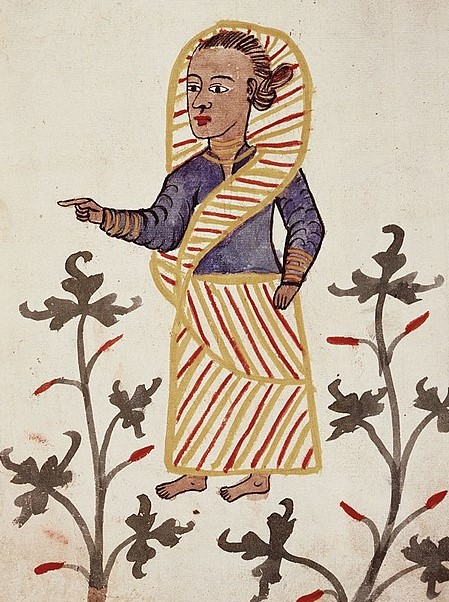

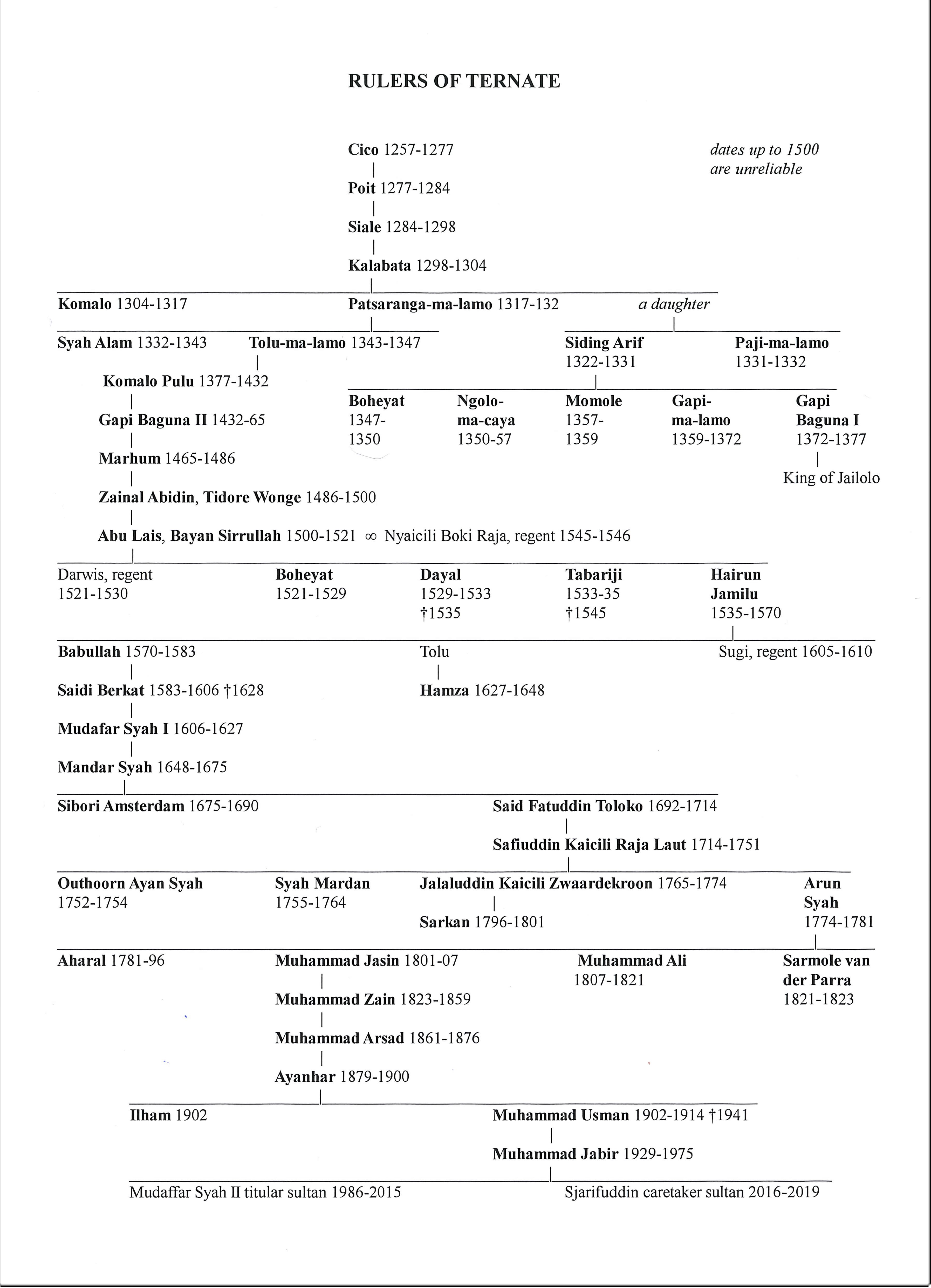


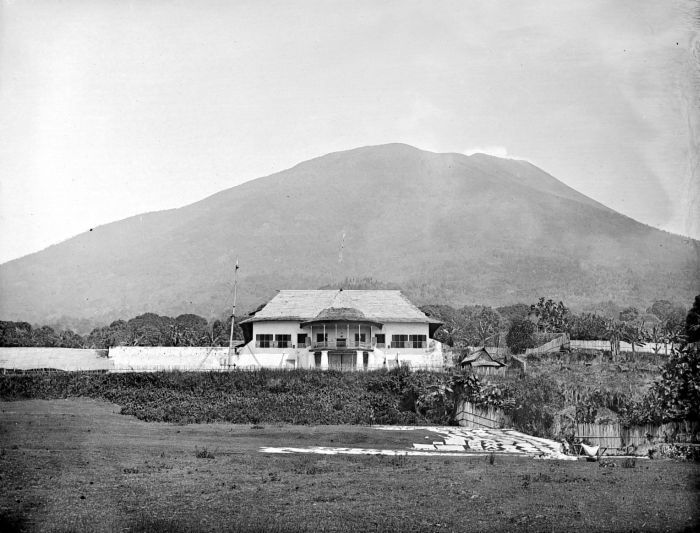


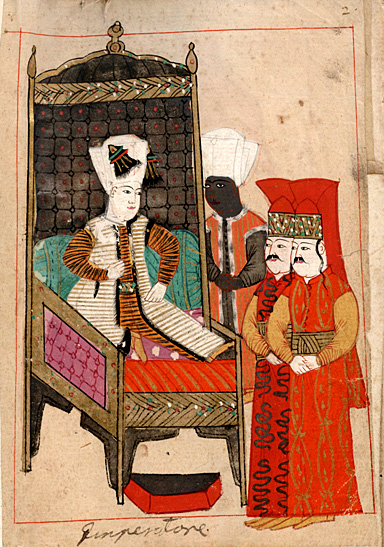
.jpg)